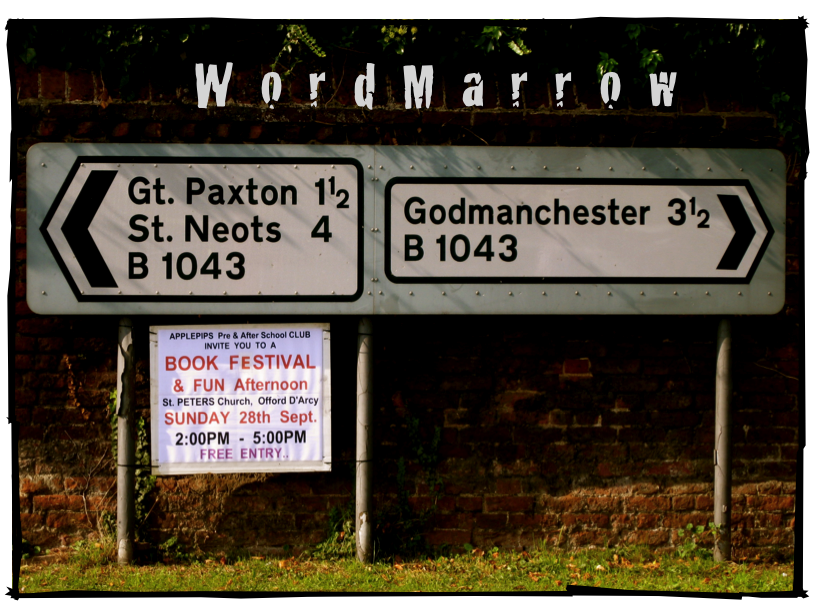I went to a beautiful wedding last night. Of course the decorations were elegant and the food was delicious. The bride and groom were handsome and extremely gracious hosts. But really, those details aren't what made it meaningful. Instead, it had everything to do with the cohesion of family in the room.
Two sets of grandparents were there, and each had been married for about 60 years. In fact, 60 years prior to last night, the bride's grandparents had met on their first date in the same exact room the reception was held. Most appropriately, the groom's father gave his toast as a recognition of the blending of two families--two families that shared the same, deep faith in Christ. Together, they created a strong foundation for the new couple's marriage. When the dancing began, the floor breathed with an air of familiarity, comfort, easy laughter, and lightness. As a friend of the couple, I felt privileged to be a part of it.
I can't help but compare that wedding to a conversation I had about the importance of a generationally diverse church. Most people who know me know my passion for what's termed "contemporary" music. As a side note, I hate the term. What's termed "traditional" music still exists in churches today which makes it just as contemporary as what we also call "praise" music. The only reason I use the accepted terms is because I haven't thought of anything better. Still working on that.
So about this "contemporary" music. It's true that I connect with it better than I do with organ liturgies. As a result of my church background i've worshipped often with both, and therefore have great respect for both, but I've wondered recently--am I limiting my community by having a preference of music? If I choose to attend services that cater to people my age (and yes, I realize that some senior citizens enjoy contemporary music, but they're the exception) then I'm limiting my connection to those older than me. The opportunity for relationships dwindles to a very small group of peers, and I find that a dimension of my life is gravely missing. It's the same dimension that I noticed when I graduated college and left my residence in my grandparent's basement. Suddenly, I didn't have upstairs access to their lifelong wisdom. No longer could I bond over soup and salad on their sun porch. My grandma's stained glass art and my grandpa's stained wood projects couldn't entice my imagination on a regular basis.
The design of a family is miraculous in many ways. It's a cocoon in which we can be nurtured in safety and love, prepared to go out into the big, wide world of scary people. We grow because we have parents who have lived in that world, who know what it's like, and therefore, (no matter how much we deny it) know better than us. If we're blessed with siblings, we learn how to get along, how to be generous and giving, how to sacrifice, and how to play with people closer to our age. The church is the same way. What would happen if we continued to have age-divided services? Youth and twentysomething services are spreading rapidly. Children attend "Children's Church" in the middle of the service in some churches. Senior citizens have their traditional services and some attend contemporary.
I have a grave premonition that in the near future, or maybe later than better, we'll realize our mistakes. Then again, maybe I'm wrong. It's happened before.

1 comment:
I see this phenomenon and fear its effects on our churches as well.
We ingrain into our children that they need their peer group in order to grow in their faith. We separate them for "children's church."
We tell our youth that hanging out with friends is the best way to grow in their faith.
We create loads of youth ministry programming.
Then we send them to college. We create college ministry programs. Just for them.
Then they are young single, young married professionals without kids. We suddenly expect them to fit into all of the "adult programming" that they rolled their eyes at their entire lives.
It's not just a worship issue. It's an entire church issue. We have over-stratified (allow me the jargon) and worship is where we are just starting to see what that means.
Post a Comment